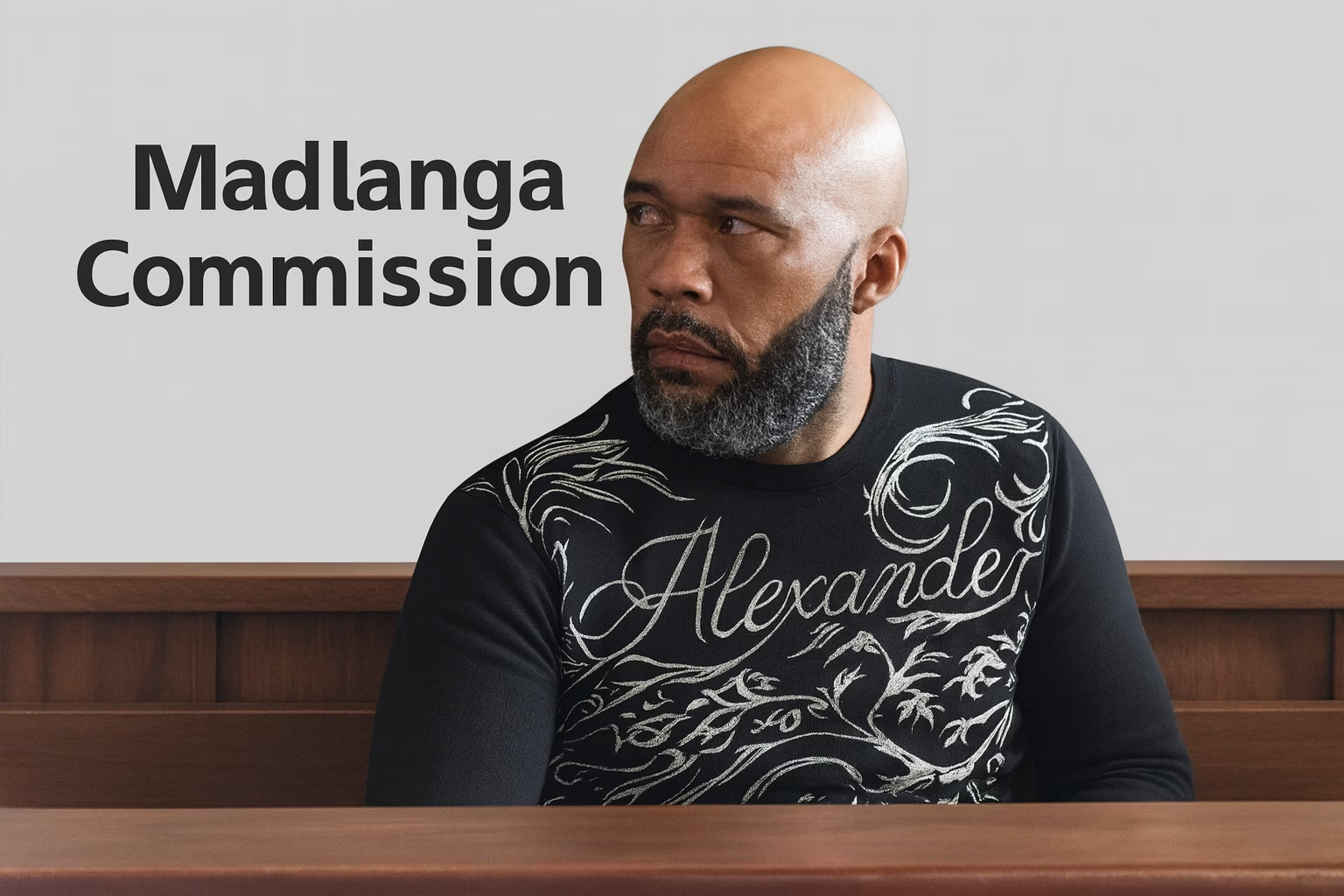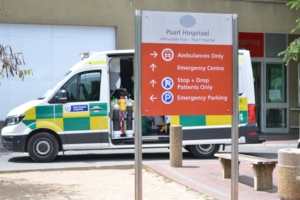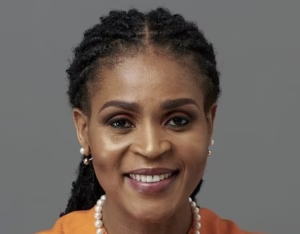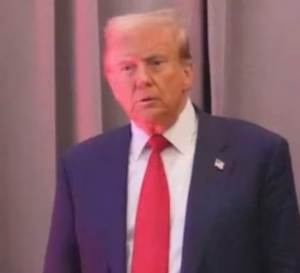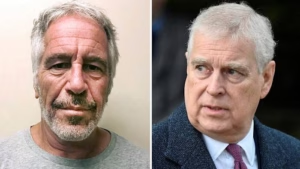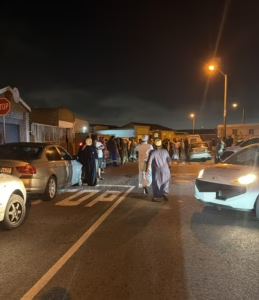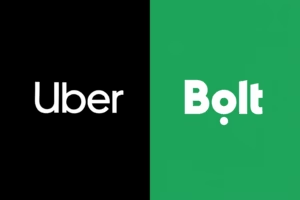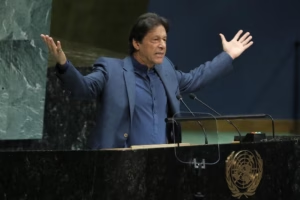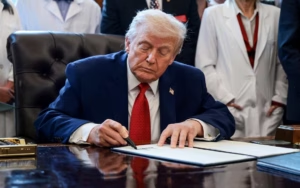Revelations before the Madlanga Commission have raised serious questions about the circulation of confidential state information within law enforcement structures. Testimony this week suggested that attempted murder-accused businessman Vusimuzi “Cat” Matlala may have obtained and shared sensitive materials, including what appeared to be multiple identity document numbers linked to President Cyril Ramaphosa.
Witness X, who took the stand on Tuesday, resumed the testimony left unfinished by Lieutenant-General Dumisani Khumalo, the divisional commissioner of Crime Intelligence, who recently fell ill. The witness described a series of exchanges between Matlala and senior South African Police Service (SAPS) figures that point to possible breaches of confidentiality.
Among the materials allegedly shared were a secret audio recording of an internal SAPS audit meeting and documents relating to a complaint involving alleged kidnapping, extortion, and assault. These exchanges reportedly took place between Matlala and the KwaZulu-Natal head of the Hawks, Major General Lesetja Senona.
Lieutenant-General Khumalo had previously testified that Senona, alongside Brigadier Julius Mkhwanazi, crime expert Calvin Rafadi, businessman and African National Congress (ANC) member Suleiman Carrim, and Brown Mogotsi, maintained what he described as “beneficial relationships” with Matlala. Witness X’s testimony expanded on this network, suggesting that some of these relationships extended into potential financial or property benefits.
According to Witness X, Matlala had “facilitated a purchase of a property for Senona’s son, Thato.”
The existence of such a recording, involving discussions on a contract connected to Matlala’s company, raises troubling concerns about access to internal SAPS meetings and data.
Just a month later, on 10 March 2025, Senona reportedly sent Matlala a set of documents concerning a complaint filed by two inmates. The complaint related to alleged misconduct by SAPS officers and a private security company.
Then, on 13 April 2025, Matlala forwarded three documents to Senona. These included the results of a LexisNexis Windeed search on the Senzo and Thembeka Mchunu Foundation, what appeared to be multiple identity numbers belonging to President Ramaphosa, and a 2019 news report detailing alleged tender fraud in a North West municipality involving the KSP Group, a company in the construction and engineering sector.
One of the most concerning documents described by the witness was titled MemoBizztracers2April2020.
The mention of directives to delete records from key institutions, including the Companies and Intellectual Property Office (CIPRO) and the South African Revenue Service (SARS), adds to the gravity of the allegations.
Matlala’s alleged connections were not limited to information sharing. Witness X also testified that on 3 February 2025, Matlala shared a screenshot from an internal SAPS finance system showing payments made to his own company, Medicare24 Tshwane.
The screenshot listed payment dates and amounts, including R2 586 007.62 in total, with deposits reportedly due to reflect by 4 February 2025. The revelation suggests that Matlala may have had visibility into internal SAPS financial systems, a matter that could form part of further investigation.
The Madlanga Commission announced that the remainder of Witness X’s testimony would continue in camera. The chief evidence leader, Advocate Matthew Chaskalson SC, explained that the decision was based on the sensitivity of the material rather than the witness’s identity.
Chaskalson said that some of the matters under discussion intersected with ongoing police investigations, necessitating a degree of secrecy. He clarified that premature public disclosure could jeopardise these probes, given that the Commission’s inquiries often overlap with parallel criminal cases.
He told the Commission that confidentiality was, at this point, a matter of strategy and protection for investigations that had already reached advanced stages.
As the proceedings unfold, the revelations paint a picture of possible collusion and data compromise at high levels within the SAPS and beyond. The allegations of confidential information flowing freely between senior officials and a private businessman facing criminal charges have raised concern about systemic vulnerabilities and accountability within policing structures.
Whether these exchanges point to coordinated corruption or reckless misconduct remains to be determined. For now, the Madlanga Commission continues to peel back the layers of a complex network of influence and information exchange that has reached the highest offices of state.

